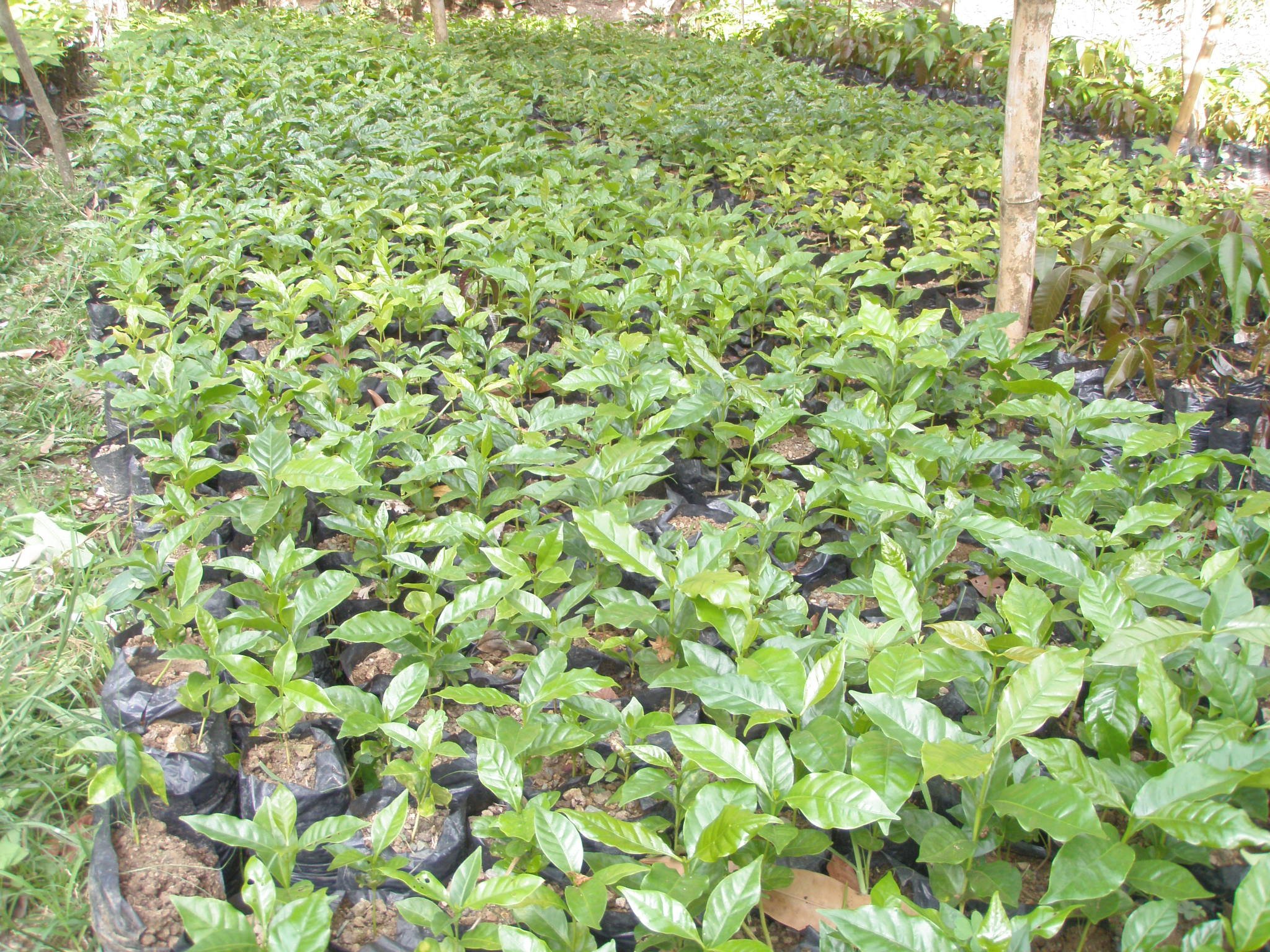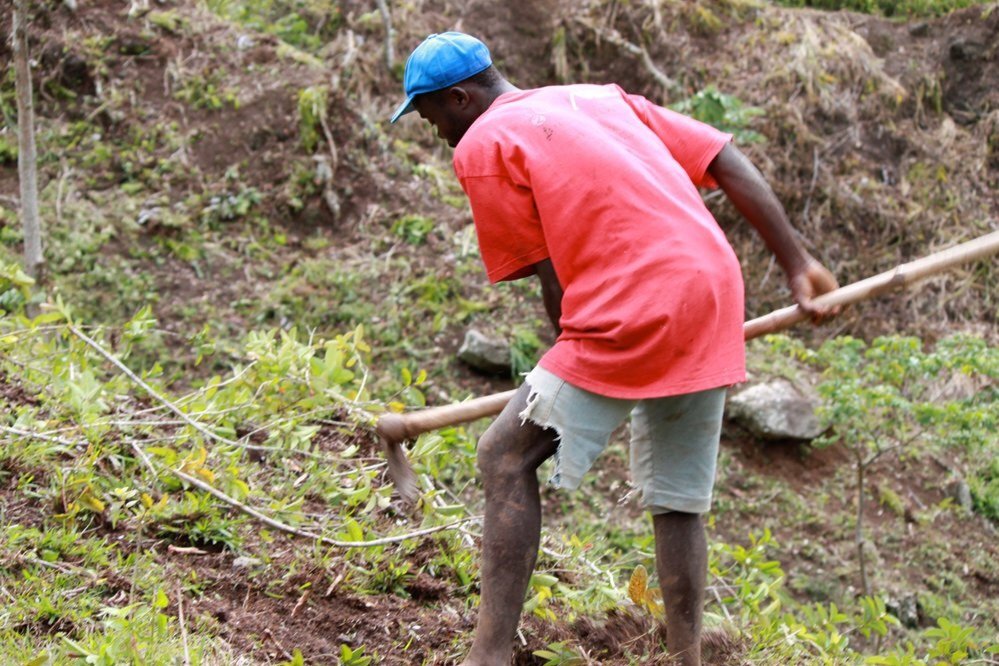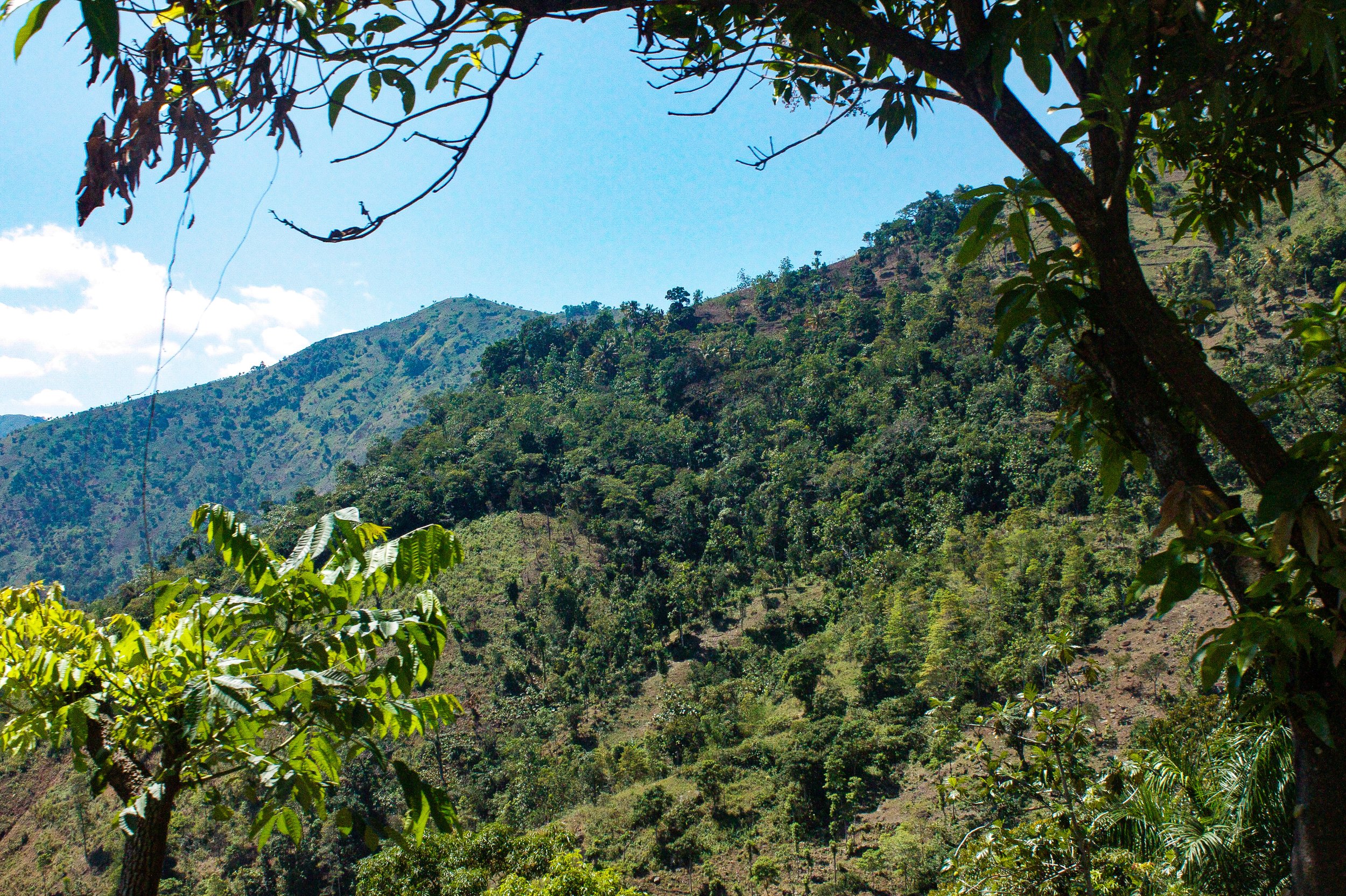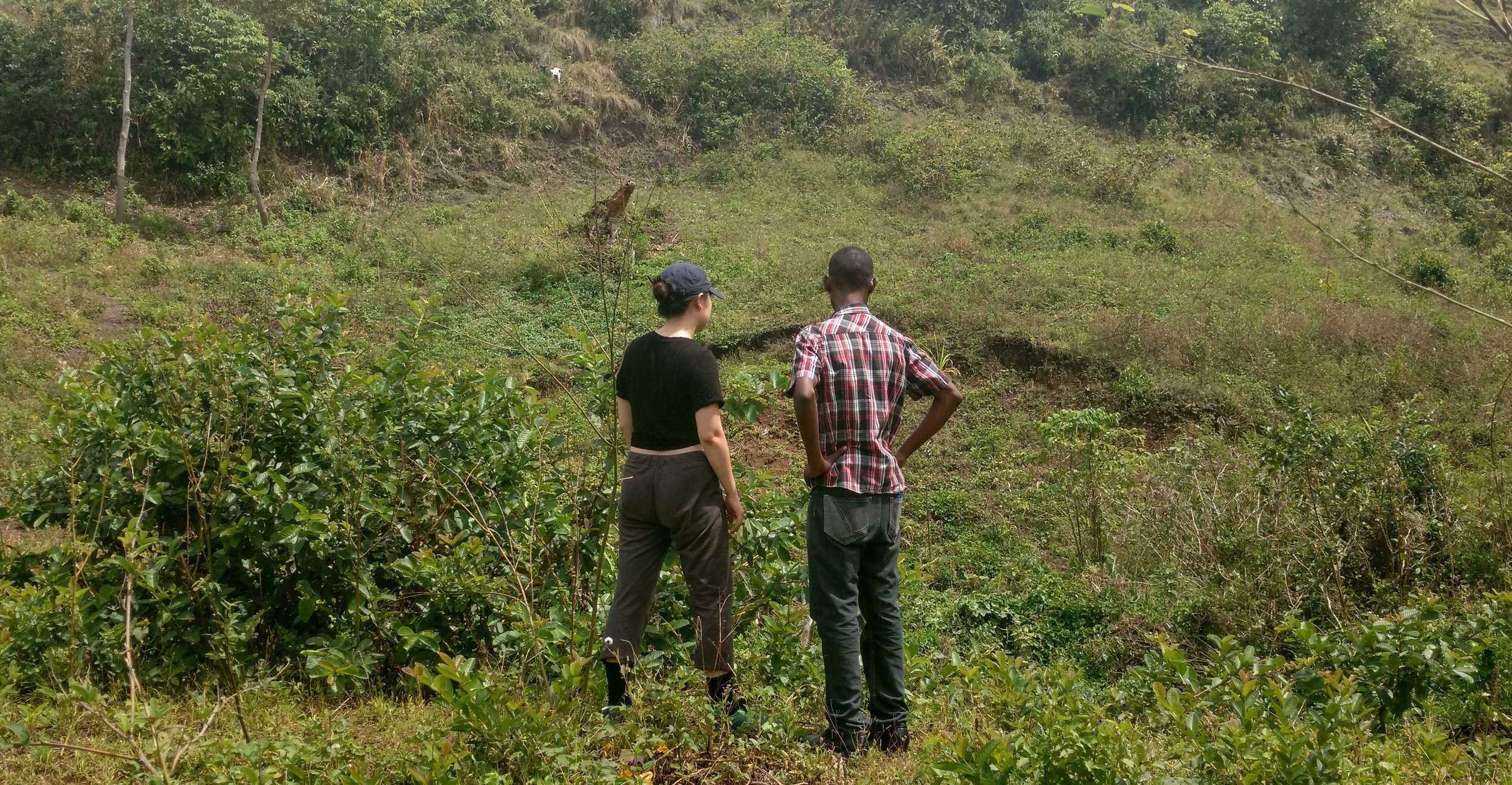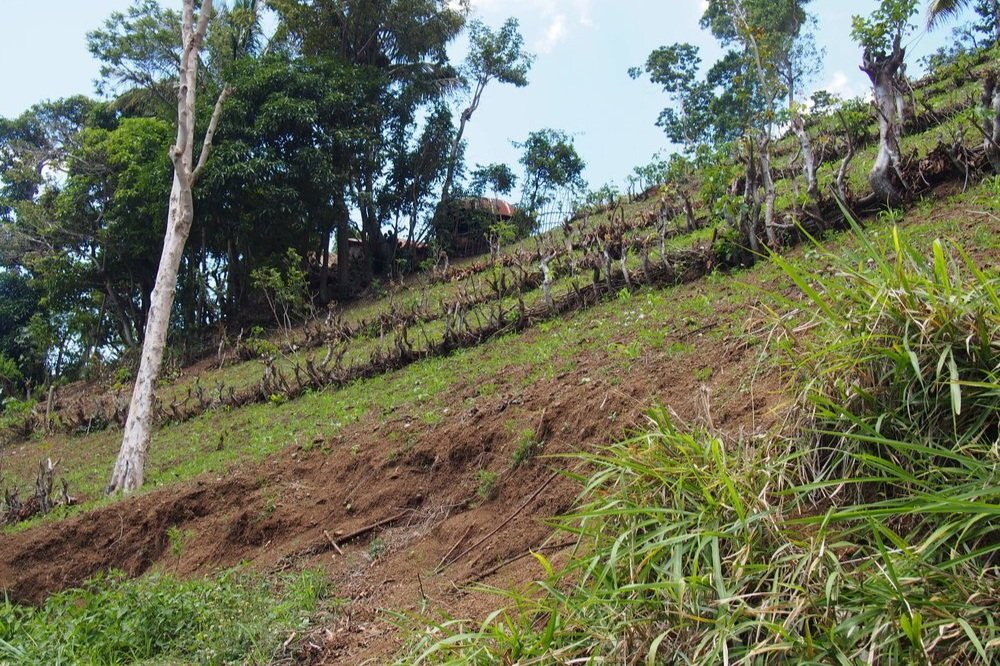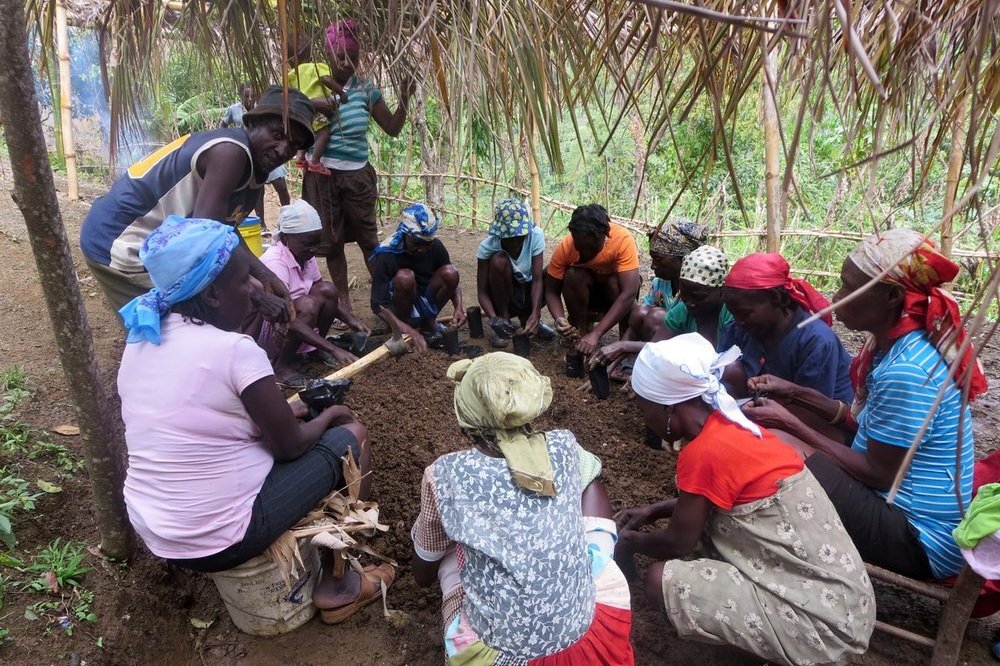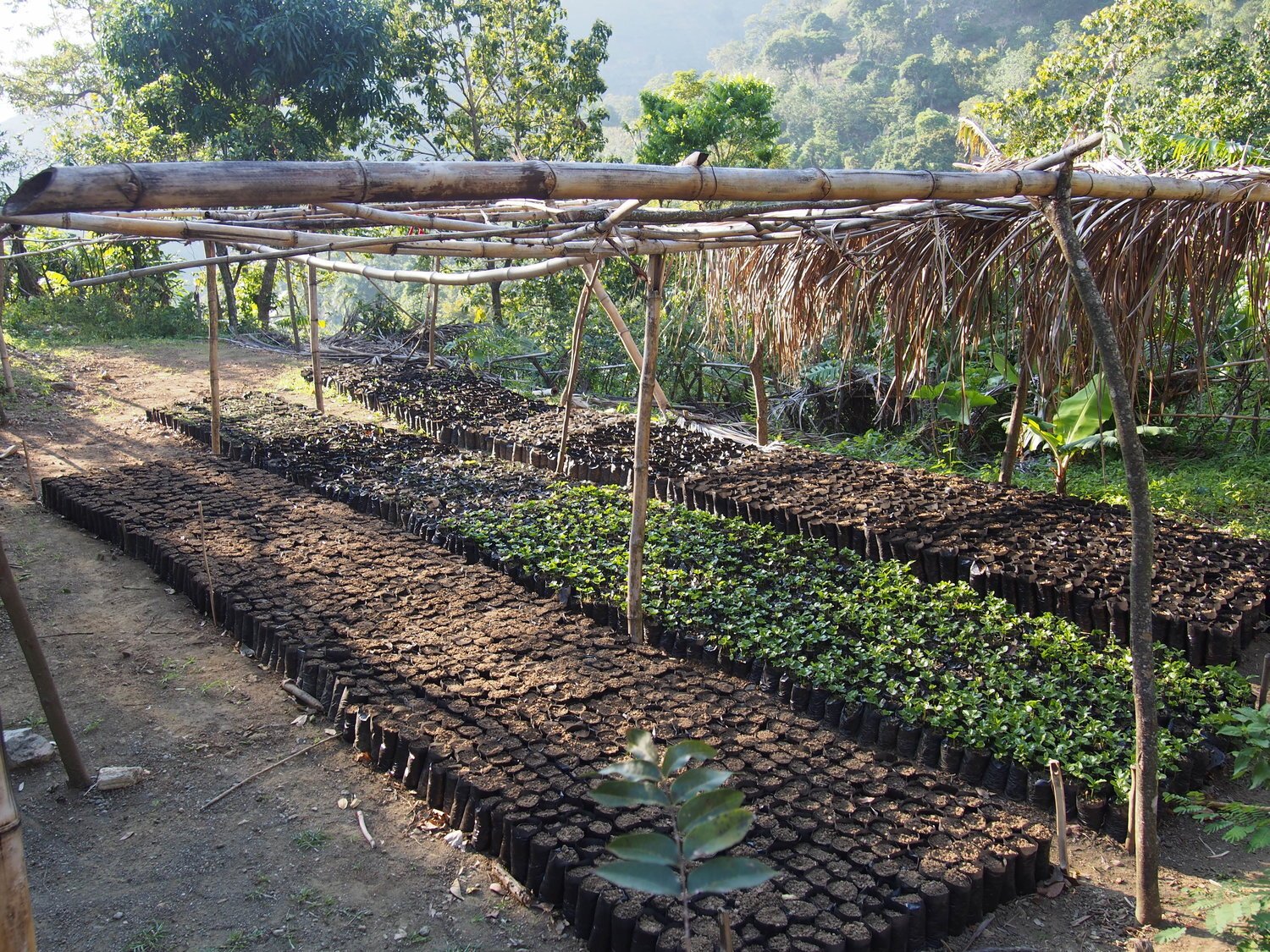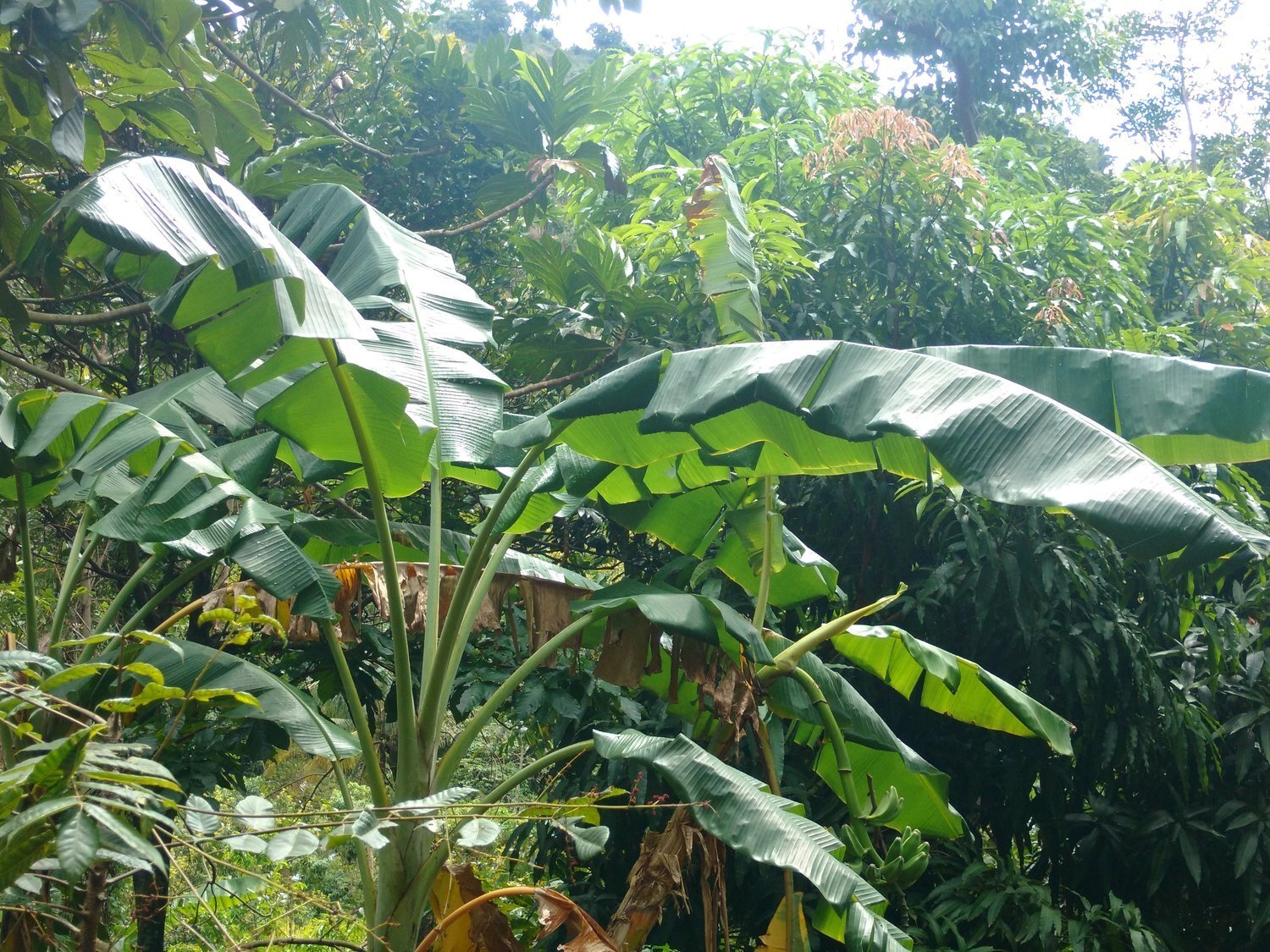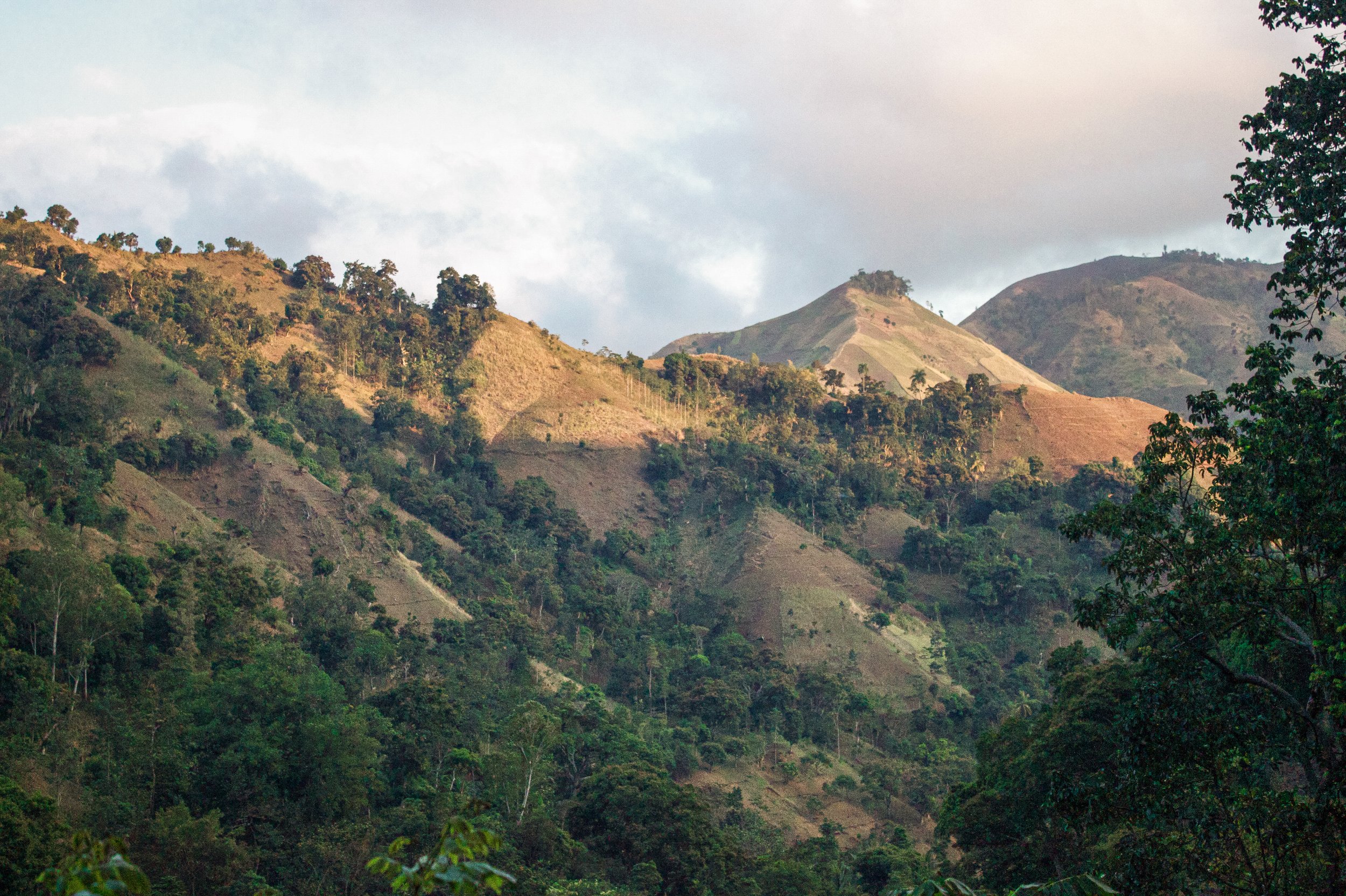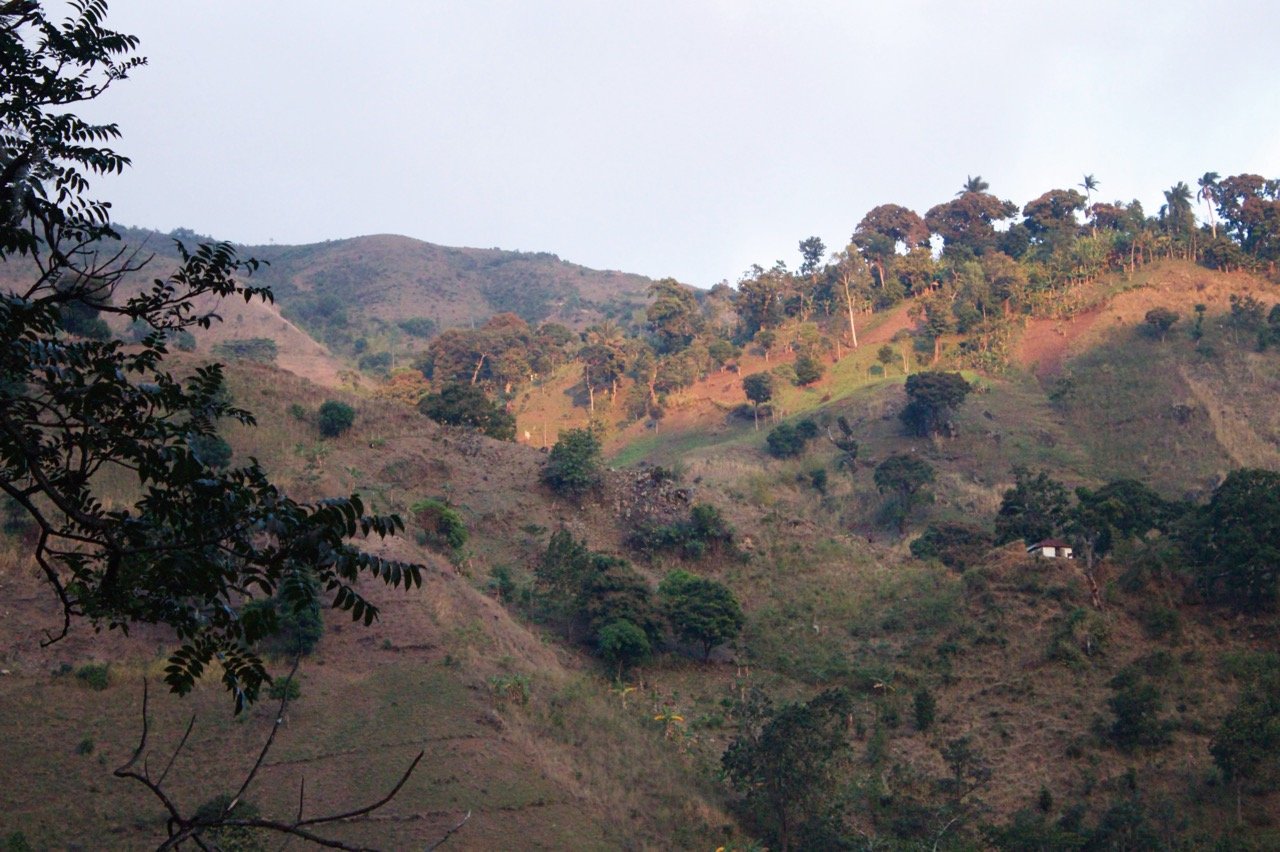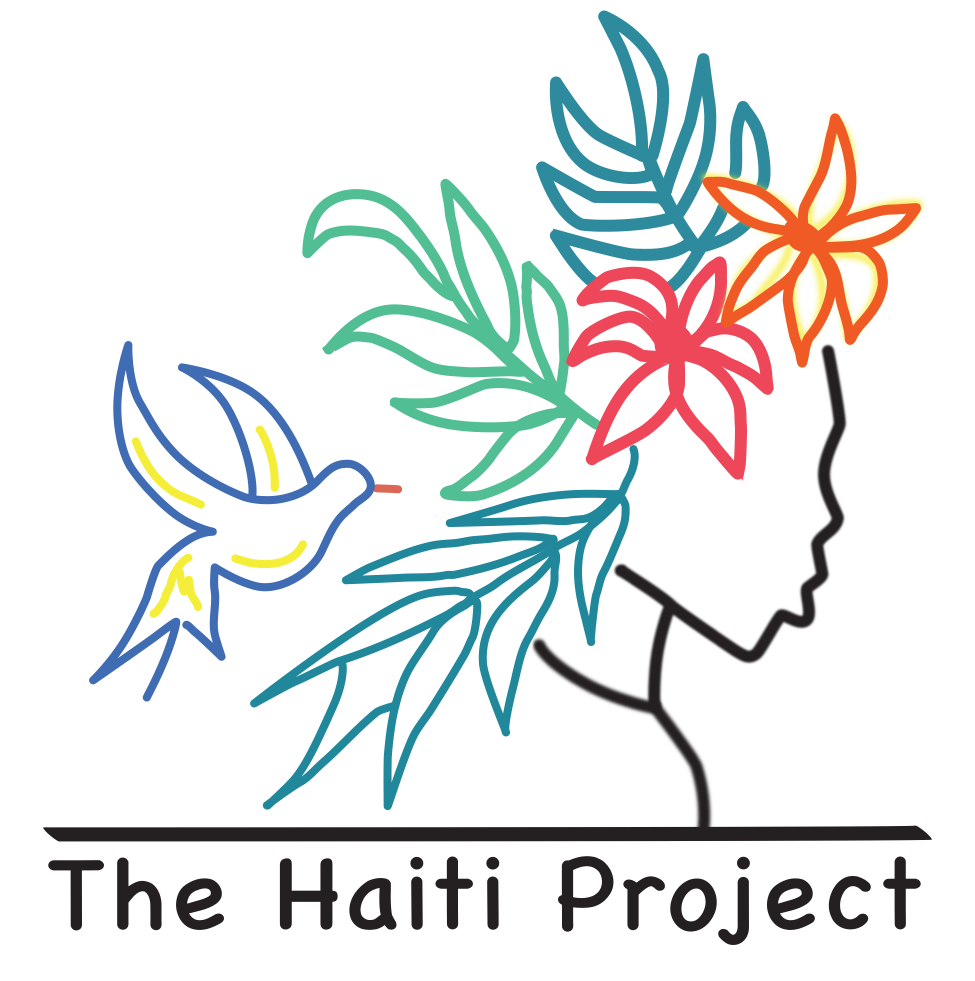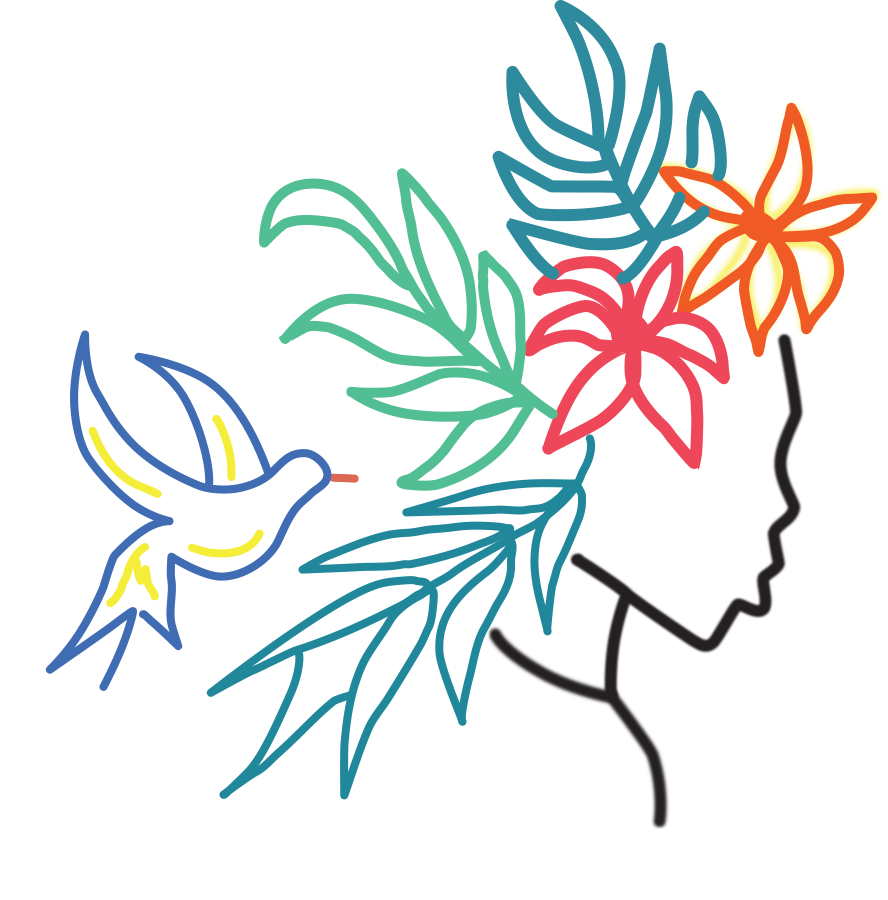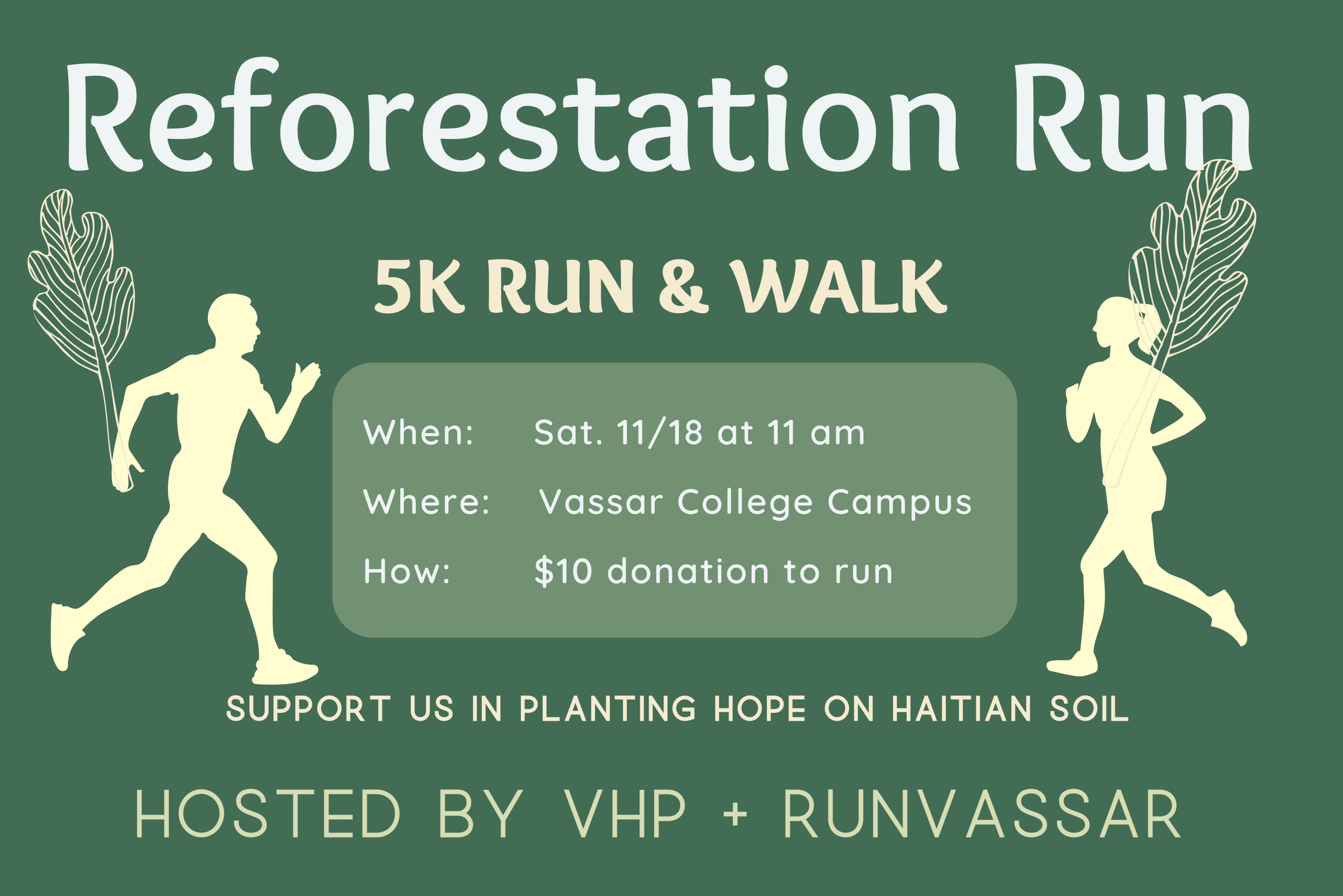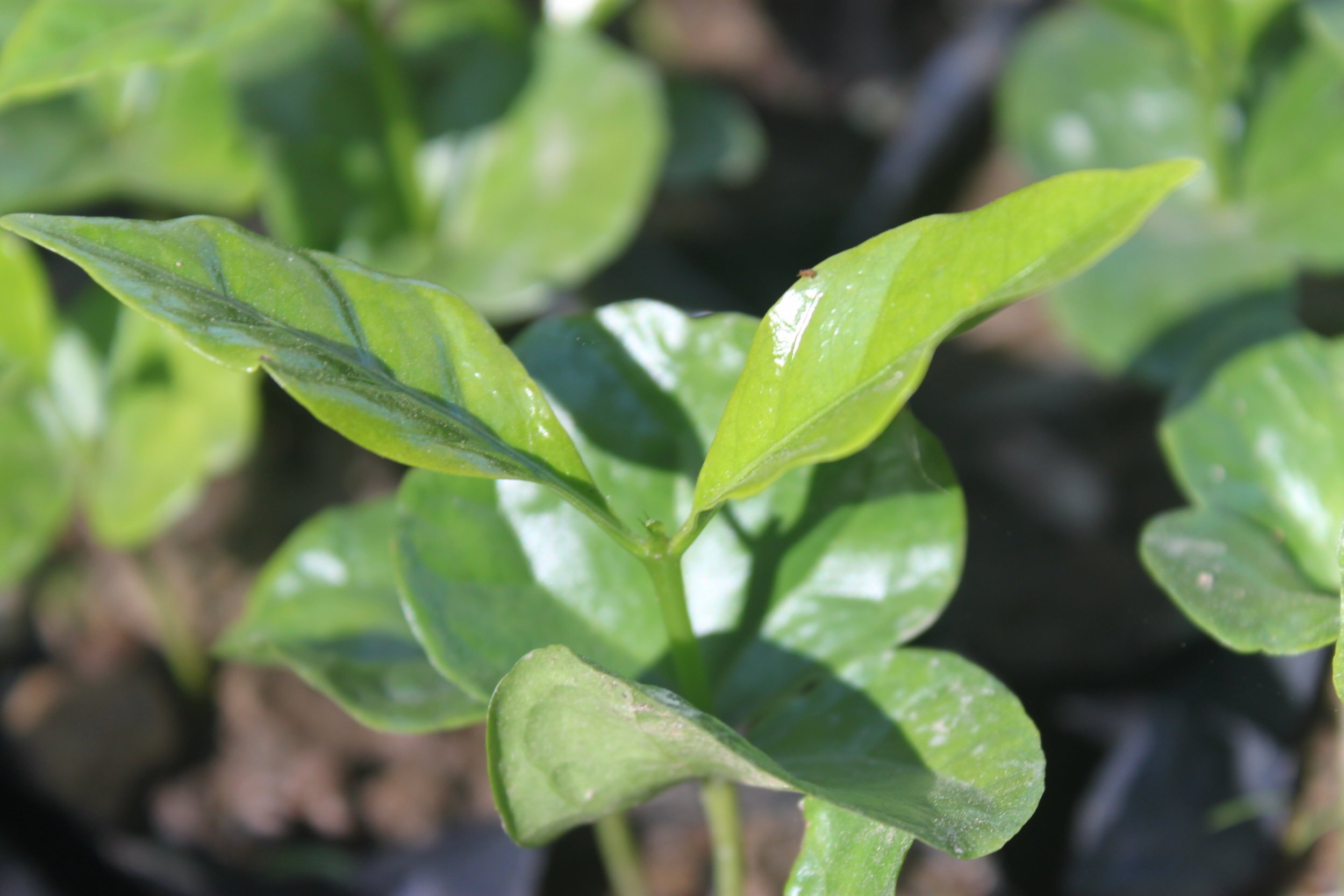
The Vassar Haiti Project
Reforestation Initiative
Replanting Haiti's lost forests through fundraising and grants.
At The Haiti Project, we are committed to restoring Haiti's lost forests through a combination of fundraising and grants. Deforestation poses a significant threat to the environment and livelihoods in Haiti, and we have developed a sustainable community-based reforestation model to combat this issue.
Events
Thank you so much to all who participated in the Reforestation Run. This was the first time we did a 5k run in a decade.
WE DID IT!
We did it together.
We surpassed our goal raising $2600. Thanks to all of you we will support an additional 2600 trees in Northwest Haiti.
Fighting Deforestation
Haiti faces a severe deforestation crisis, with less than 2% of its original forest cover left. The consequences of this are profound, including increased soil erosion, more frequent flooding, and decreased crop yields. Reforestation efforts are crucial to reversing these trends and safeguarding Haiti's natural resources.
Globally, deforestation remains a critical issue, with about 15 billion trees cut down annually according to reports by the United Nations’ Food and Agriculture Organization (FAO). The impact on climate change, biodiversity loss, and the well-being of communities is undeniable.
The Need for Reforestation
Only 2% of Haiti's original forest cover remains
13,000 hectares of forest lost per year in Haiti
Haiti loses an estimated 37 million trees annually
Deforestation exacerbates natural disasters - without tree roots to hold soil, flooding and landslides occur
Join us in making a difference. Together, we can bring back the green to Haiti's landscapes and provide hope for future generations.
An aerial view of the Haiti-DR border illustrating the drastic difference in forest cover
Courtesy of the United Nations Environment Program, www.unep.org
Sustainable Reforestation
In response to the alarming rate of deforestation in Haiti, The Haiti Project supports a unique community-based reforestation model. Our approach involves planting fruit and lumber trees on private farm plots belonging to approximately 150 families with over 40,000 trees planted on private plots. In exchange for receiving seeds for short-term food security plants, these families commit to maintaining the trees planted on their plots.
Phase 1
In order to ensure sustainable reforestation practices, tree species have been selected which provide fruit for both family consumption and sale.
5,000 seedlings were planted in Chermaitre during 2011 and 15,000 from 2015-2016 as part of our efforts to repopulate the Haitian mountainsides with trees and provide greater food security and financial sustainability to families.
Phase 2
VHP received grant funding from American Forests. The Fondasyon Konesans Ak Libète (Foundation for Knowledge and Liberty, FOKAL) has also awarded us a $20,000 grant.
These funds support continuing efforts focused on planting indigenous tree species and spreading awareness of the environmental importance of reforestation. This will re-establish some of Haiti’s original biodiversity and ultimately lead to the improvement of the natural systems and decrease the prevalence of erosion, flooding and crop failure.
Progress
To better incorporate the community, reforestation efforts have sought to incorporate VHP’s Education and Women’s initiatives. School children and adults in the community assist with the planting processes, increasing their understanding of the importance of trees in a healthy ecosystem.
So far, the American Forests and FOKAL grants have allowed the planting of over 30,000 trees and the distribution of over 100,000 short-term food security seeds to approximately 150 participating families in the mountain village of Chermaitre. This project has brought economic returns to many families through the sale of agricultural products gained from the distributed seeds. This source of income has also covered tuition fees for their children alongside other expenses, as well as enhanced the availability of food.
The next step for reforestation is to work alongside the Women’s initiative to develop a sustainable Haitian coffee program that will provide funds for continued reforestation and more opportunities for the women of Chermaitre.
